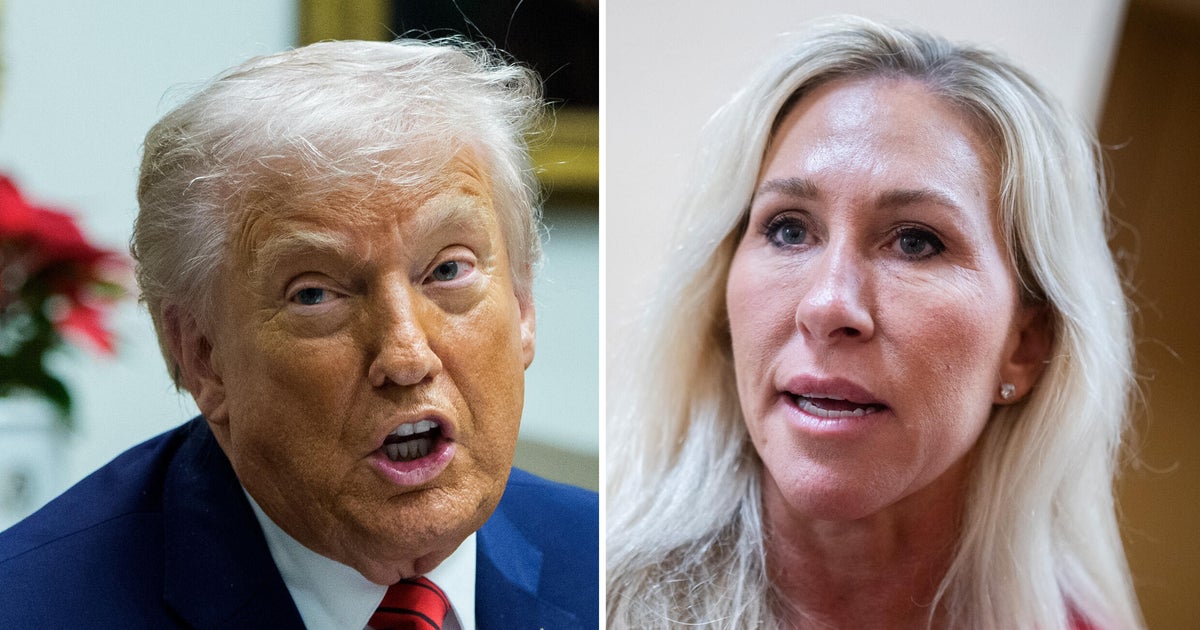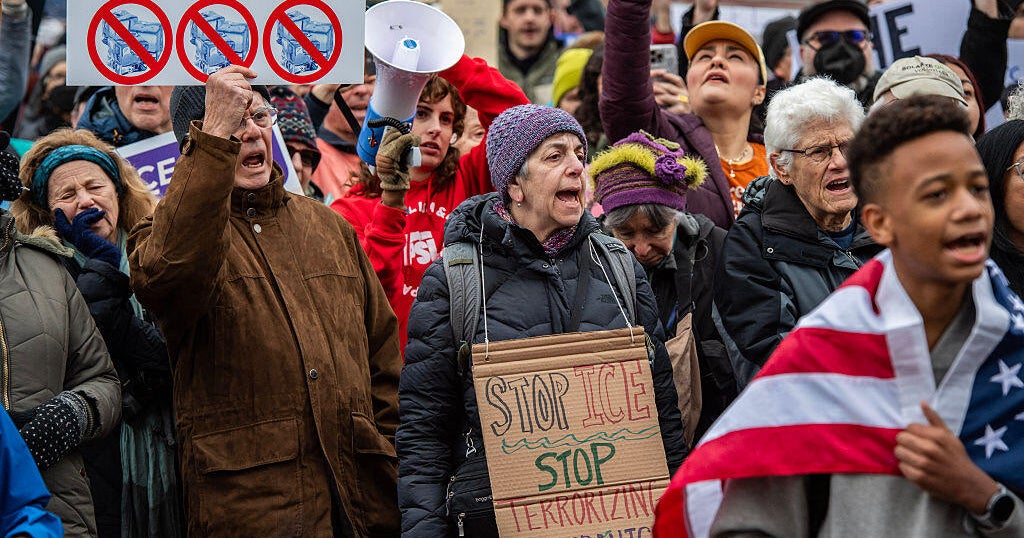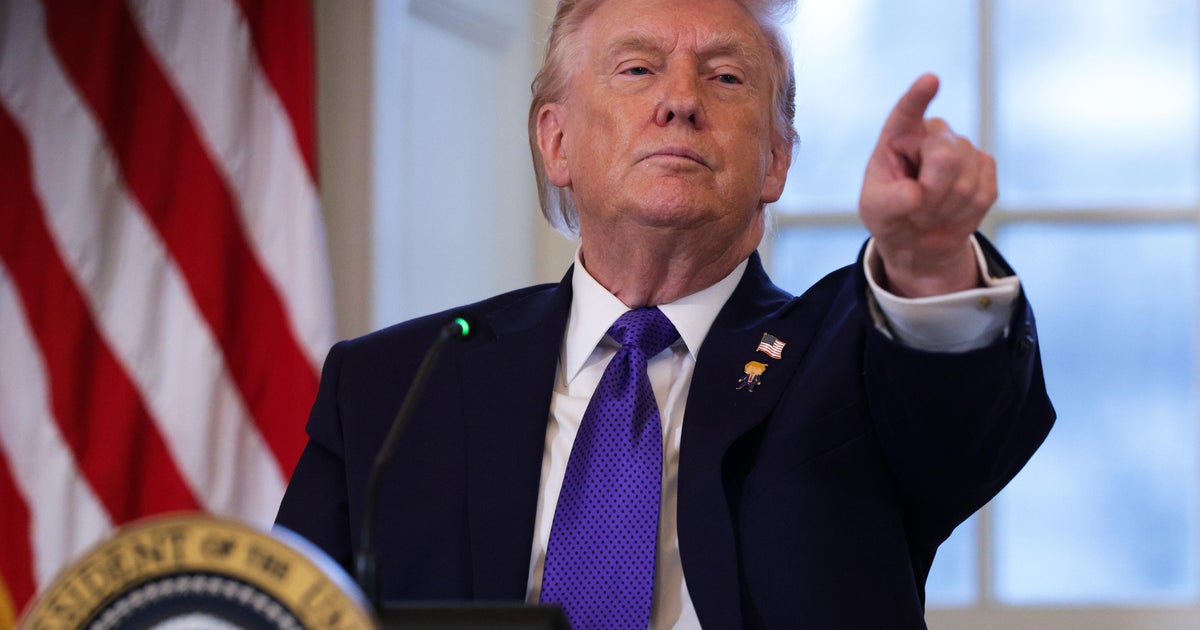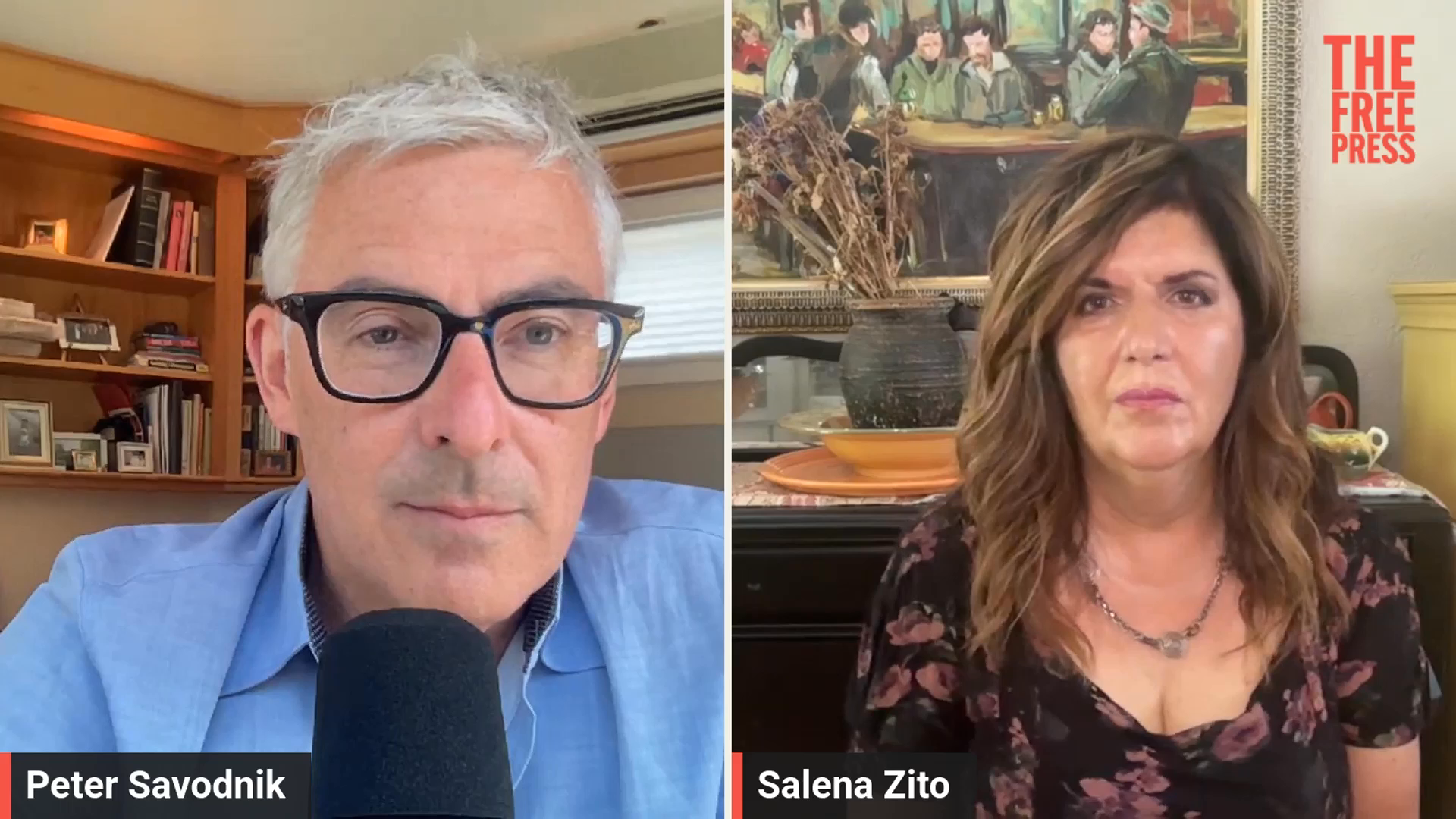Trump to resume outdoor rallies with bulletproof glass
The U.S. Secret Service is arranging for former President Donald Trump to resume outdoor campaign rallies a month after a gunman targeted him at a rally in Pennsylvania.
The Secret Service plans to surround Trump's podium with bulletproof glass, according to two federal law enforcement officials.
While this measure is typically used to protect sitting presidents, the Secret Service is making an exception after the Butler, Pennsylvania, rally on July 13, when the gunman took several shots at Trump, grazing his ear before a Secret Service sniper killed him.
The plan was first set into motion by then-Secret Service director Kim Cheatle in the immediate aftermath of the rally. The Secret Service typically pre-positions personnel around the country in battleground states so they can be within driving distance of campaign rallies, which enables faster transportation of the ballistic glass to events.
The Secret Service declined to comment on its reported plans.
Within weeks after the shooting, Trump vowed to continue appearing at outdoor rallies and said the Secret Service had "agreed to substantially step up" its operation. The Secret Service had already increased its security efforts around Trump — in fact, the Butler rally was the first event of the 2024 campaign where the agency's highly trained counter snipers were deployed to secure a campaign event for the former president.
But the event was plagued by security lapses, and in the wake of the attempt on Trump's life, Cheatle resigned. The acting Secret Service Ronald Rowe disclosed that Secret Service counter snipers did not have radio communications with local law enforcement that day. Instead, the agents relied on text messaging, with local Butler County tactical teams sending Secret Service snipers two pictures of Crooks via text message at 5:45 p.m., about 26 minutes before shots were fired.
The Department of Homeland Security is assisting the Secret Service in establishing a committee to explore the permanent creation of a uniform communication channel. This would enable the Secret Service, federal law enforcement officials and state and local law enforcement officials assisting the agency to radio one another with greater ease, allowing communication between law enforcement entities that typically transmit messages on separate frequencies.
The panel is still being assembled, with assistance from the Cybersecurity and Infrastructure Security Agency, and will be led by Heather Fong, DHS Secretary Alejandro Mayorkas' senior counselor for law enforcement and acting assistant secretary for the Office for State & Local Law Enforcement. Fong is also a former San Francisco chief of police.
Notably, Rowe has conceded that problems with communications among law enforcement agencies on July 13 delayed critical information from being relayed to the Secret Service as local law enforcement pursued the gunman in the minutes leading up to the shooting.






